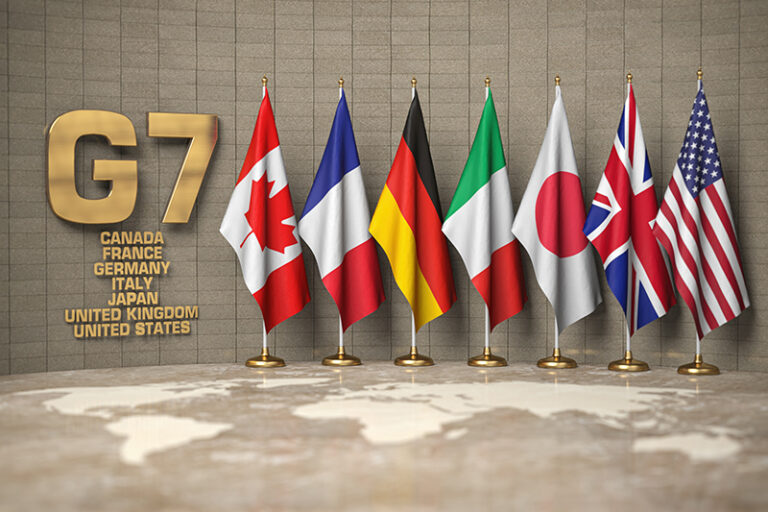Ahead of G-7 Summit to be held in Hiroshima in May, energy and environment ministers of the Group of Seven nations expressed their commitments to work towards renewable energy transition. This was discussed at two days of meeting in Northern Japanese city of Sapporo.
The officials issued a 36-page communique laying out their commitment without setting timetable for phasing out coal-fired power plants. During the meeting, Japan won endorsements from fellow G-7 countries for its own national strategy claiming that clean coal, hydrogen and nuclear energy will help ensure its energy security.
“Recognizing the current global energy crisis and economic disruptions, we reaffirm our commitment to accelerating the clean energy transition to net-zero greenhouse gas (GHG) emissions by 2050 at the latest,” the communique says.
“We call on and will work with other countries to end new unabated coal-fired power generation projects globally as soon as possible to accelerate the clean energy transition in a just manner,” noted the document.
Commenting on the meeting, Akihiro Nishimura, Japan’s environment minister, said, “I believe that we were able to demonstrate to the international community that our commitment to climate change and environmental issues is unwavering, even in the context of the situation in Ukraine.”
Due to countries’ reliability on clean energy by 2035 they will continue using fossil-fuel fired power. But the ministers agreed to hasten towards phasing out plants that do not employ mechanisms to capture emissions and prevent them from escaping into the atmosphere.
The G-7 nations contributes 40% of the world’s economic activity and a quarter of global carbon emissions. As per reports, advanced economies are witnessing fall in the emissions, while developing economies now account for more than two-thirds of global carbon emissions.
The document highlighted the need to cut carbon emission by around 43% by 2030, and 60% by 2035, relative to the 2019 level. Further, it reaffirmed the G-7 commitment to ending fossil fuel subsidies by 2025.
The president-designate for the next United Nations climate talks, the COP28, also urged G-7 nations to raise financial support to developing economies to help their transition towards clean energy.
“We must make a fairer deal for the Global South,” said Sultan Al Jaber of the United Arab Emirates while adding, “Not enough is getting to the people and places that need it most.”
Jaber said, “Developed countries must follow through on a $100 billion pledge they made at the 2009 COP15 meeting.” The next talks are to be held in Dubai in late November.
Futher, Chinese President Xi Jinping and Brazilian President Luiz Inácio Lula da Silva in a recent meeting in Beijing has issued a joint statement expressing concern that such funding is falling short of the commitment of $100 billion per year.
Bhupender Yadav, India’s Environment Minister also urged G-7 countries work faster towards emissions reductions and to give space to developing countries to grow their economies.
Alden Meyer, a senior associate at E3G, a climate change think tank, said on social media, “But while other G-7 countries prevented Japan from expanding loopholes to allow wider use of fossil fuels, the commitments “fall short of the clarion call to action that was needed.”
The delegates expressed their concern on Ukraine war and opined that the war has complicated the switch to renewable energy by disrupting trade in oil and gas and pushing prices sharply higher.

